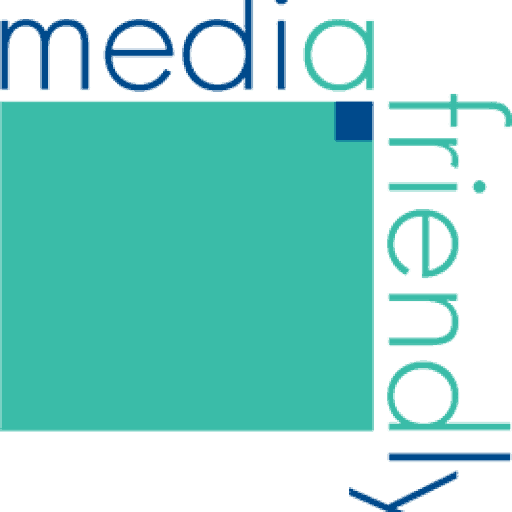How doctors are using new technology and social media
Are GPs surgeries a thing of the past? That’s the key question being asked following the recent Health Department report, Digital First, that looks to replace the homely GPs’ surgery with a ‘virtual clinic’ system operated via phone, skype and weblink consultations.
Assessments would be completed online and text messages would deliver those test results that are negative. Gone are the paper files and case notes, with apps being used to access lab reports and health records. Whilst campaigners say lives would be put at risk, particularly amongst the vulnerable elderly and the less-technologically savvy, Health Minister Lord Hunt thinks its time the NHS changed its antiquated systems and saves itself a vast £3billion. With a £20billion NHS funding gap, change is inevitable.
The question really, is what role can technology play and how soon?
In fact, some doctors and their patients are already reaping the benefits of quicker, slicker and more cost-effective communications using populist social media such as facebook – and learning fast how to avoid the pitfalls. So what are the benefits that doctors and Clinical Commissioning Groups (CCG) are passing on to their patients?
The Guardian reported recently on The East Surrey CCG, which has created a facebook group for its board members, a virtual meeting room to share vital information efficiently. As GPs take on a whole raft of new responsibilities, reducing the need for face-to-face meetings and endless email chains is a necessity. In East Surrey, the result is an online forum with a real-time record of the ‘minutes’ that can be referred to, and updated, again and again. Furthermore, there’s a chance to create a professional community amongst local GPs, who until now have been closed off for much of their working day.
Of course, no one is suggesting doctors use facebook to store sensitive medical information, instead it’s a chance to discuss issues in a conceptual form or consider logistics and methods of operation.
So, what are the benefits of an on-line community?
An efficient and effective two-way conversation, allowing doctors to give feedback on proposed or current initiatives
Fast, free publicity for the latest services and guidelines
Educational events – a chance to discuss topics from the comfort of offices or to share resources in advance of face-to-face meetings
Downloadable referral forms for joint clinics which allow completion and returns within minutes
A facebook calendar and event functions to create simple online invitations and booking systems
A forum for newly qualified doctors to gain help
Facebook – and other medical tools
But there are other uses for facebook and social media amongst the medical profession. The BMJ Case Reports tell of a doctor using facebook to diagnose the cause of a patient’s stroke. In investigating whether a droopy eyelid and small pupil was abnormal for a patient, the doctor used the only instantly available photographs – on facebook – to check the history. The photographs showed that the stroke was very likely to be caused by a trauma.
There are other social media in play too. East Surrey CCG is using twitter, a more open form of communication, to talk directly to patients.
The largest and most active network of medical professionals in the UK is reportedly also twitter-based, on doctors.net.uk
Of course as medical professionals start to dip a toe in the water of social media, mistakes are perhaps inevitable – and vitally, they are public.
So what are the potential pitfalls of an emerging social media strategy?
Internet security and privacy is key to safeguarding patients against the release of inappropriate or identifiable information:
Make full use of security settings to ensure any groups are closed and visible only to members.
Create a social media code of etiquette
Use moderation tools to ‘catch’ inappropriate posts before they’re public
Remember that all communications, even these more casual, shortened forms, should pass professional scrutiny
The development of guidelines by professional medical bodies demonstrates that the medical profession accepts and largely welcomes the growth of social media use among healthcare professionals. Recommendations are being provided by the Royal College of GPs (RCGP), the General Medical Council (GMC) and the Nursing and Midwifery Council (NMC).
Doctor Kildare syndrome still exists
Finally, a final hearty word of warning. There have been concerns about the casual nature of social media leading to patients stalking doctors or flirtatious online conversations.
Remember:
Keep it Professional
Keep it Secure
Keep it Anonymous
